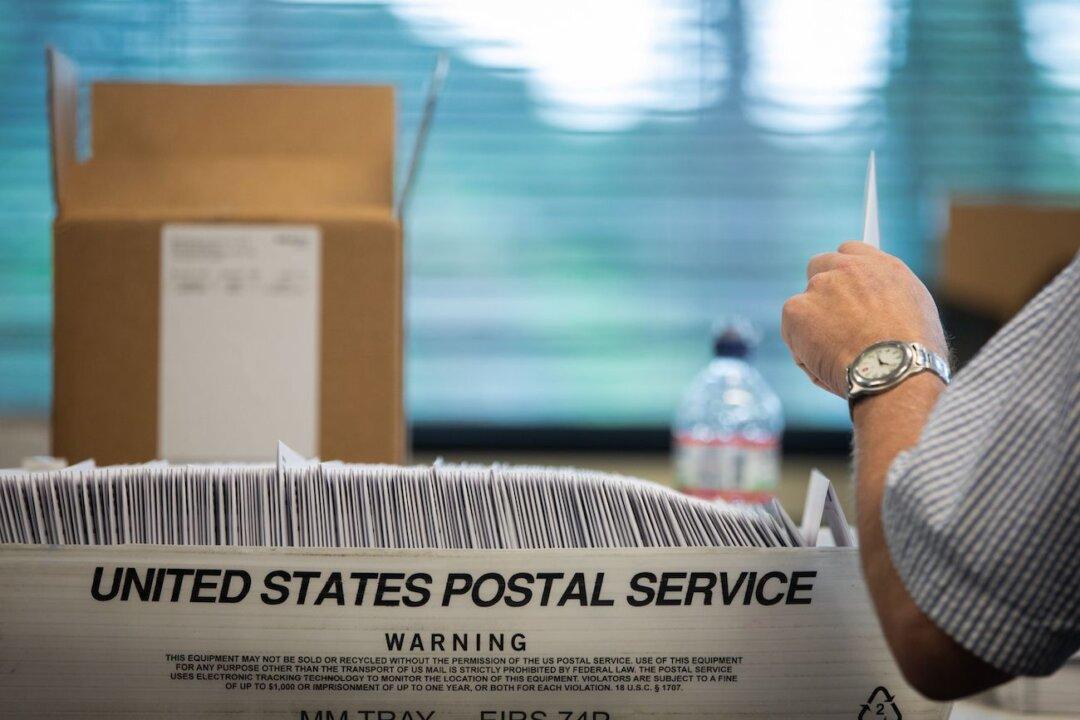Georgia Secretary of State Brad Raffensperger said there were “potentially 1,000 cases” of Georgians voting twice in the state’s primary in June and runoff in August, a felony that he said will be investigated and prosecuted.
The voters in question cast absentee ballots and then voted again in person on Election Day, Raffensperger said at a press conference on Tuesday, with the problem occurring across 100 Georgia counties.





